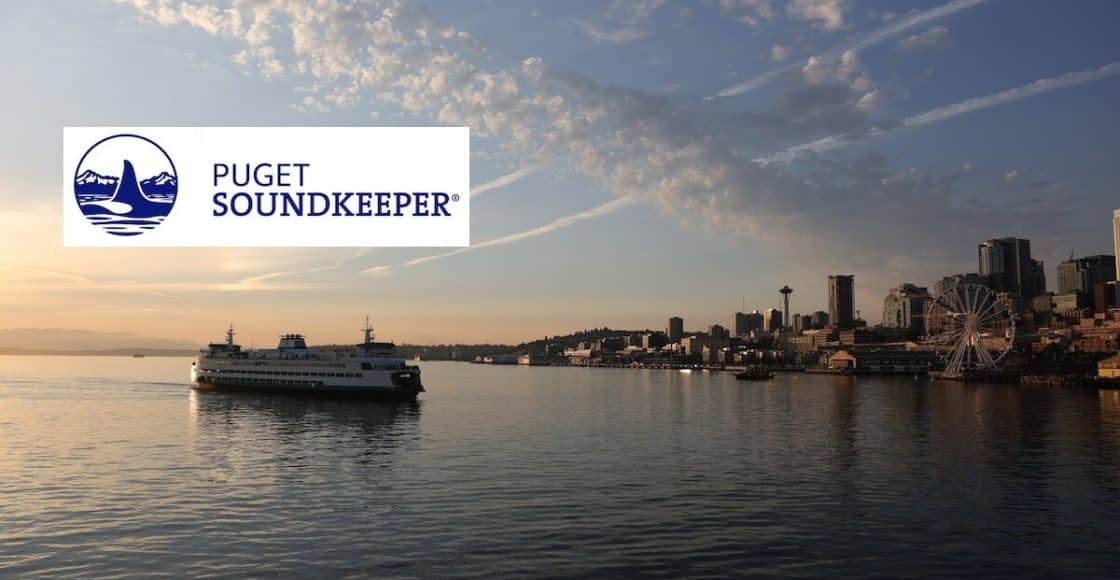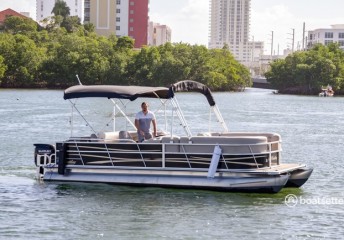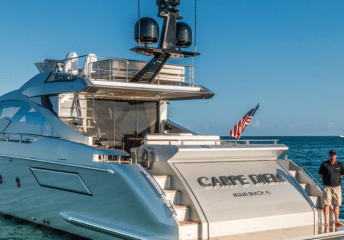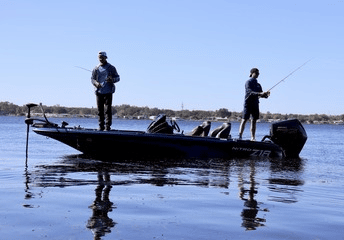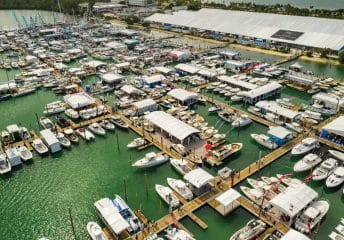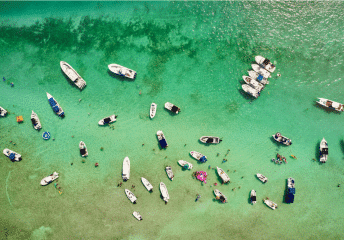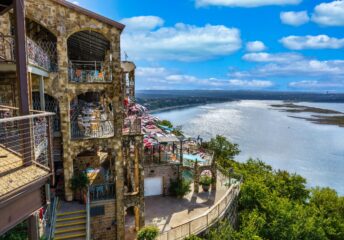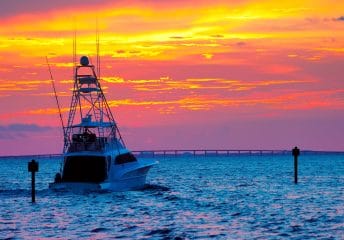Puget Soundkeeper Creating Safe & Sound Seattle Waters | #MindYourWake Series
Last Updated on November 30, 2022 by Boatsetter Team
When it comes to engaging everyday citizens in environmental initiatives, Sean Dixon, the executive director of the Puget Soundkeeper Alliance, keeps it simple.
“There’s no better way to connect somebody with a waterway than to just show them the waterway,” he asserts. Whether getting them out on kayaks or taking them on waterfront walks, he says, it makes a difference.
“Once you’re there, you can really understand how the ducks hide along the water’s edge, and how garbage also collects because it rolls in there,” Dixon notes. “That’s where the ducks are living, eating, and foraging for food. Oftentimes, people wouldn’t connect those two things unless they see it in real life. That holds true for every aspect of our work.”
Learn more about Boatsetter’s #MindYourWake sustainability initiatives.
What is the Puget Soundkeeper Alliance?
The work of the Puget Soundkeeper Alliance is at the grassroots level. It’s dedicated to protecting the aquatic ecosystem of Seattle’s Puget Sound. In fact, dating to 1984, the non-profit was the first to do so. From monitoring the waters for illegal pollution to training motivated citizens to keep their eyes open, it’s striving to make the marine environment cleaner.
- Initially, the organization focused on secondary wastewater treatment. However, in 1990, its attention broadened, upon learning about the success of the Hudson Riverkeeper in New York.
- That organization started with a group of fishermen wishing to protect their livelihood and the drinking-water supply for millions of local citizens.
- They patrolled the river themselves, seeking polluters, holding them accountable, and teaming with citizen scientists and activists. Unsurprisingly, it inspired others across the country to do the same.
The Puget Soundkeeper Alliance became the sixth (of seven) founding members of the Waterkeeper Alliance. Today, that alliance counts upwards of 300 Waterkeepers on six continents.
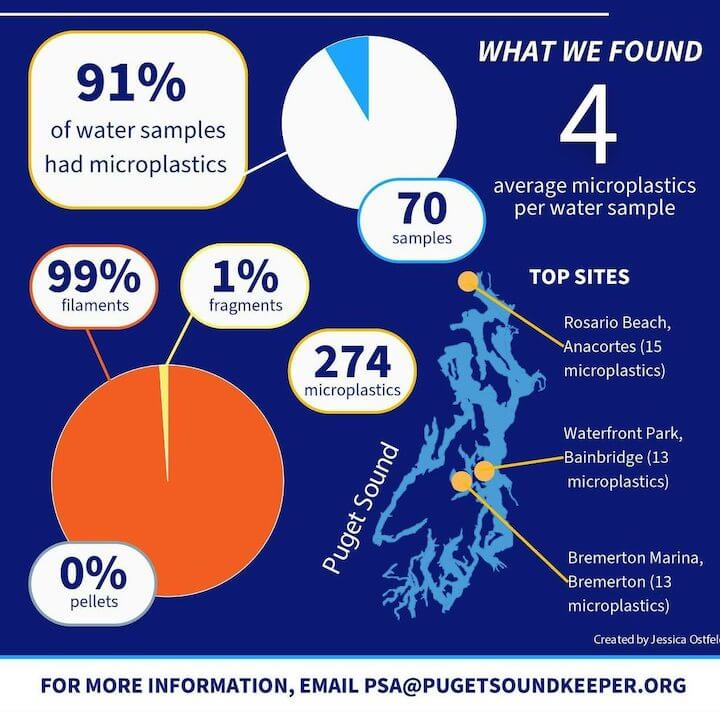
Puget Soundkeeper Alliance Key Projects
In this vein, the Puget Soundkeeper Alliance has several priorities.
Clean Water Act
Among them, it fights for clean water through enforcement of the Clean Water Act. Dixon and his team are vocal when regional and national policies potentially threaten its protections. Similarly, they hold polluters and Act violators accountable, through lawsuits and reporting to officials.
Storm-water pollution and microplastics monitoring
Storm-water pollution is another priority. The organization says this contamination is the leading threat to Puget Sound, so it helps shape policies and educates the public to reduce it. Yet another priority is reducing marine debris.
According to the Puget Soundkeeper Alliance, 90 percent of marine debris is plastic. That, in turn, breaks down to microplastics eaten by fish and birds.
Furthermore, all sorts of fishing nets, rubber, and other manmade materials trap and kill marine life. The organization, therefore, hosts beach cleanups, monitors microplastics, and more to counteract the issues.
Volunteer programs, beach clean-ups
Since their overall goal is to prevent pollution from entering the Sound in the first place, Dixon and his team have a host of volunteer programs. After all, government and enforcement agencies can’t be everywhere at once—and are often underfunded.
“We tailor volunteer programs to whatever place and group we’re with,” Dixon says.
For example, over the past 10 to 15 years, it’s issued about $10 million from settlement funds to community groups striving to hold cleanups, provide environmental education, and get kids out on the water.
The Alliance team has also collaborated with office workers who want to know more about their immediate area.
“We’ll lead a hike down to a local stream that nobody knew existed behind the parking lot, picking up garbage along the way,” he says. “And we’ll talk about what that watershed looks like, and what salmon run up that watershed, and why we should care about it, and what other stressors might be on that watershed behind their office.”
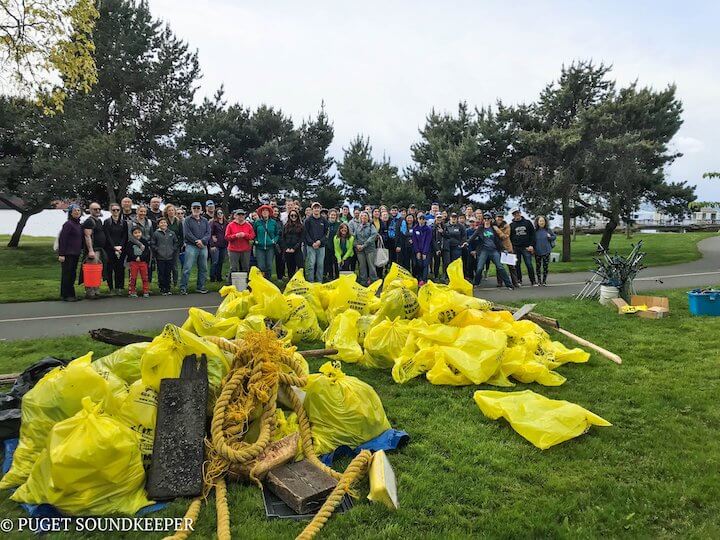
Dixon is quick to emphasize that the Puget Soundkeeper Alliance doesn’t just do cleanups with everyday citizens. In fact, it’s readying an updated pamphlet for individuals keen to engage in watchdog pollution reporting.
“In there is information on what to do if you see an oil spill, or some sort of derelict vessel that’s sinking,” Dixon says. “It goes through just about every different scenario that people see on the waterfront.” More to the point, “if people out on the water don’t know what to do when they see something wrong, then we’re never going to fix it, it’s never going to be noticed or called in.”
How can you get involved?
Similarly, the Alliance has a water reporter app that you can use. Whether it’s an oil sheen or a collapsing bulkhead, just snap a picture and upload it to the app.
“It’s reported to us and in some cases directly to the agencies themselves,” Dixon says. He sees this as a way to bridge the gap between volunteerism and advocacy.
- Whenever anyone reports an issue to a government agency, he notes, that agency provides a number.
- “You can call them back and say, ‘Hey, what did you guys do about that?’ And they’ll tell you, ‘We sent out a response team, and we took photos,’” eventually tracing the issue to the root cause.
- “And they’ll tell you it would have kept going had you not called that in. It’s really empowering to know that you have that ability to change your small corner of the world, with the help of the government. And we’ll help you figure out the right people to get in touch with,” Dixon asserts.
It’s just another way of connecting things that people ordinarily wouldn’t associate with each other unless they saw it in real life.
Read other stories within our #MindYourWake Series:
- Green Boating: 6 Sustainable Best Practices for Boaters
- Algal Blooms & Nutrient Pollution: What Boaters Should Know
- 5 Beach Clean-Up Organizations for Boaters to Volunteer
- Boatsetter’s Waterway Clean-Up Event Calendar
- Seabin Project for Cleaner Oceans
- Miami Waterkeeper: Protecting the Water You Love
- Billion Oyster Project: Building Back New York’s Harbors
- Captains for Clean Water: Protecting Aquatic Ecosystem
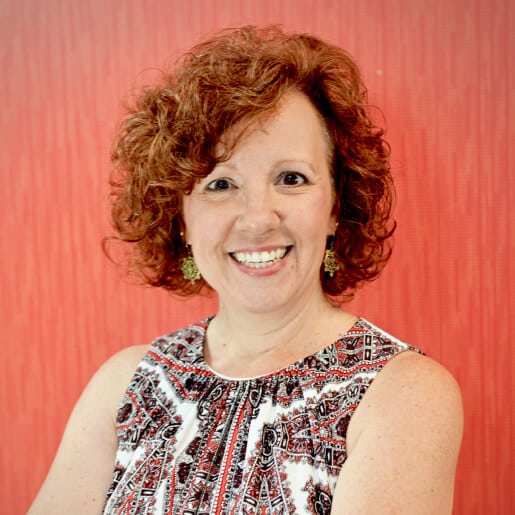
A journalist with more than 30 years’ experience, Diane M. Byrne is the owner
of MegayachtNews.com, a daily website educating American superyacht owners, buyers, and
their circles of influence about the leading builders, designers, cruising destinations, and more.
She founded the website in 2007 as the first, and still the only, American-focused online media
outlet exclusively covering this market. It features all-original content, for real stories of real
interest.
Diane is additionally one of the most-sought-after journalists for expert editorial coverage and
commentary about not only superyachts, but also general boating and yachting. Her byline
appears in Boatsetter.com, DiscoverBoating.com, and the magazines Luxury Guide, Ocean,
Yachting, and Yachts International.
Additionally, Diane is the Chair of the U.S. Superyacht Association, having been on the Board of
Directors since 2015. Outside of yachting, she’s a trustee of Sempre Avanti, a non-profit
resource supporting Italian and Italian-American individuals, businesses, and organizations in the
United States and Italy.
